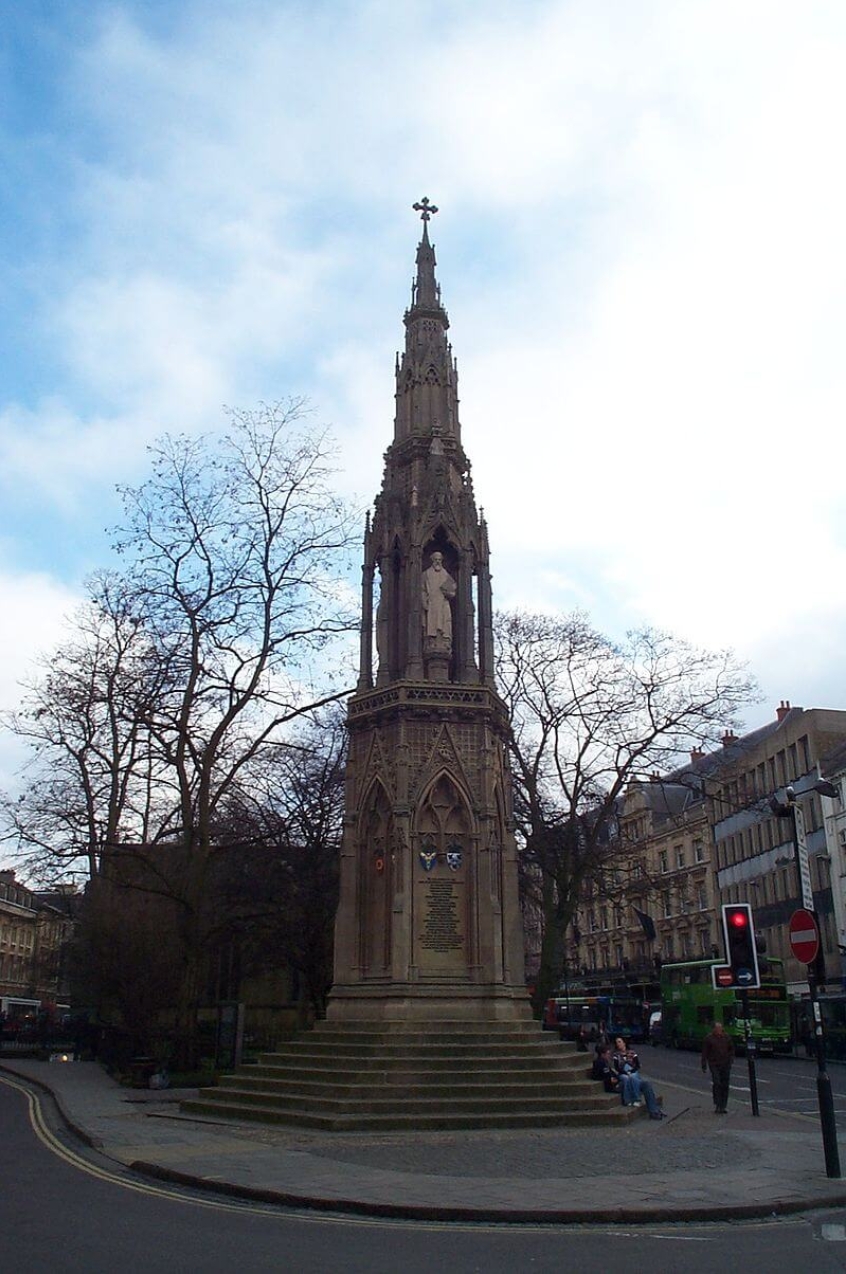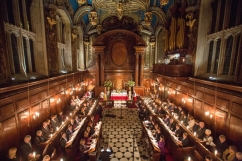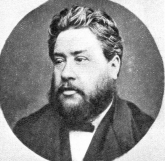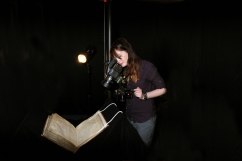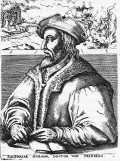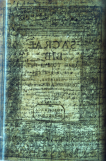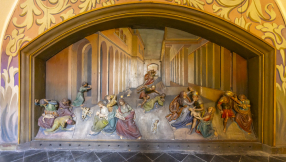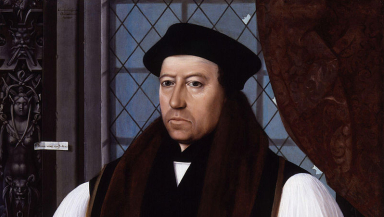
Archbishop Thomas Cranmer died today in 1556, burned at the stake for heresy.
Cranmer was a senior cleric and Archbishop of Canterbury during the most dangerous period of the English Reformation, which saw hundreds of people pay for their beliefs with their lives.
He was made Archbishop by Henry VIII and arranged his divorce from Catherine of Aragon so he could marry Anne Boleyn.
Cromwell was a Reformer, but he was also a politician who managed to avoid antagonising Henry, who was notoriously fickle in his treatment of his advisers. Under Henry's successor Edward VI, he took an even more Protestant turn, writing the liturgy of the Church of England contained in the Book of Common Prayer and still in use today.
On Edward's death in July 1533 his sister, Mary – Catherine's daughter, a Catholic, and no friend of Cranmer – took the throne after the nine-day reign of Lady Jane Grey. Cranmer had supported her and he was charged with treason. His enemies were now in charge and Cranmer was imprisoned.
He was forced to sign five 'recantations', denying that what he had taught of the Protestant faith was true. However, when he was taken to St Mary's Church in Oxford and ordered to read them out, he repented of signing them. According to an eyewitness he said: "And now I come to the great thing that troubleth my conscience more than any other thing that ever I said or did in my life: and that is, the setting abroad of writings contrary to the truth... And forasmuch as my hand offended in writing contrary to my heart, therefore my hand shall first be punished: for if I may come to the fire, it shall be first burned. And as for the pope, I refuse him, as Christ's enemy and antichrist, with all his false doctrine."
Cranmer was taken outside and burned at the stake, and as he had promised, he held the hand that had signed the recantations in the fire first.
The eyewitness report says: "Fire being now put to him, he stretched out his right hand, and thrust it into the flame, and held it there a good space, before the fire came to any other part of his body; where his hand was seen of every man sensibly burning, crying with a loud voice, 'This hand hath offended.' As soon as the fire got up, he was very soon dead, never stirring or crying all the while."
